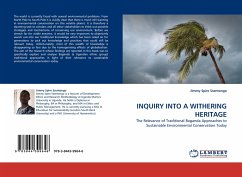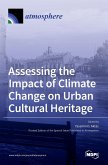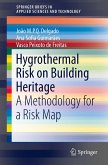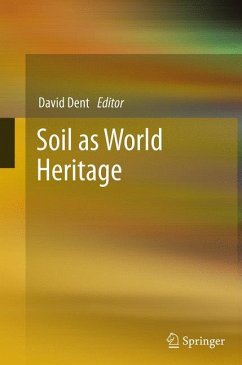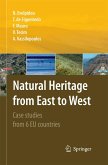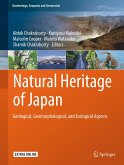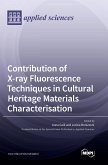The world is currently faced with several environmental problems. From North Pole to South Pole it is vividly clear that there is much still wanting in environmental conservation on this volatile planet. It is therefore a daunting task to scholars and all other stakeholders to think out possible strategies and mechanisms of conserving our environment. Before we stretch far for viable answers, it would be very important to objectively search out into our traditional knowledge which has been relied on for generations to pick out knowledge and practices that could still be relevant today. Unfortunately, most of this wealth of knowledge is disappearing so fast due to the homogenising effects of globalisation. The aim of the research whose findings are reported in this book was to specifically explore and analyse Baganda (a Ugandan ethnic group) traditional approaches in light of their relevance to sustainable environmental conservation today.
Bitte wählen Sie Ihr Anliegen aus.
Rechnungen
Retourenschein anfordern
Bestellstatus
Storno

